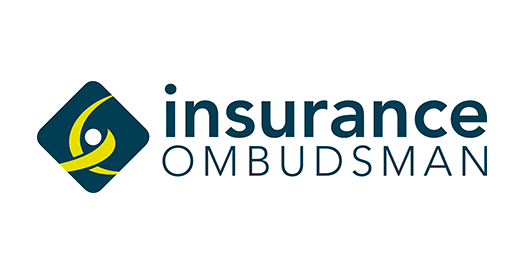In today’s world, young people own some of the most expensive products on the market such as cell phones, cameras, and motor vehicles. In recognition of Youth Month, the Ombudsman for Short-Term Insurance (OSTI) has put together a few insurance tips.
- Insure your valuables
Young people sometimes underestimate the importance of having insurance. The assumption is that nothing will go wrong. The importance of insurance is often only realised when a loss or damage is suffered.
Considering the unpredictability of life events, having the right insurance cover is a significant investment. Short-term/non-life insurance will provide you with financial security against unforeseen damage to or loss of your valuables.
- Provide accurate information
The insurer will ask you a number of questions during the underwriting/sale of the policy. This is done to assess and price your risk. You must answer these questions truthfully. If you fail to do so, the insurer may not only reject a claim but also cancel the policy with effect from the start date. If an insurer cancels your policy, you may find it difficult to obtain other insurance cover.
OSTI sees far too many complaints where young policyholders who have taken out motor vehicle insurance misrepresented the ‘regular driver’. The regular driver is the person who will drive a motor vehicle most often during the period of cover. Drivers between the ages of 18 and 25 sometimes tell an insurer that their parents will be the regular driver so that they can be quoted a cheaper premium.
Insurers conduct detailed investigations when validating a claim. At this stage, such a misrepresentation will invariably be revealed, and the claim may be rejected on the basis of a material misrepresentation.
- Evaluate your personal needs and financial standing
Before buying insurance, carefully consider your needs, what the insurance product covers, and how much it will cost you.
Choosing the best cover does not necessarily mean finding a policy with the cheapest premium. A cheaper premium may mean fewer benefits and higher excesses. Get insurance that is tailor-made to meet your needs and budget. You must also consistently manage your income and expenses to ensure that the premium is paid on time to prevent the policy from lapsing. This is particularly important as you are still building your insurance risk profile.
Remember that your insurance needs will change as your life and career develop. You should therefore review your insurance policies regularly.
- Premium reversals
You will not have cover if you reverse an insurance premium after it was successfully collected from your bank account by the insurer. Reversing a premium can even result in the immediate cancellation of the policy. Contact your insurer to see if any arrangements can be made when experiencing financial difficulties.
- Read the policy documents
The insurer does not have an open-ended liability to compensate you for any loss or damage suffered. It is only liable if the claim falls within the scope of the cover provided in the policy documents. Read and understand the policy terms and conditions.
Be mindful of circumstances that may result in an insurer refusing to pay out on a claim, for example driving whilst under the influence of alcohol or without a valid driver’s licence, not adhering to the time periods in the policy, not meeting vehicle or home security requirements, and dishonesty.
- Be overly inquisitive about your cover
Ask your insurer or broker to explain the exclusions of the cover and any obligations you may have under the policy. This will save you the stress and frustration of becoming aware of these only after you have suffered a loss.
For more insurance tips, follow the OSTI social media pages.
Facebook: The Insurance Ombudsman
Twitter: Insurance Ombudsman South Africa
LinkedIn Insurance Ombudsman
About the Ombudsman for Short-Term Insurance
The Office of the Ombudsman for Short-Term Insurance (OSTI) is an independent, non-profit industry ombud scheme. Short-term/non-life insurance includes motor, house owners’ (buildings), householders (contents), cell phone, travel, disability and credit protection insurance, and commercial insurance for small businesses and sole proprietors. OSTI’s mandate is to provide the insuring public and the short-term/non-life insurance industry with a free, efficient, and fair dispute resolution mechanism through an alternative dispute resolution process, applying the law and principles of fairness and equity. OSTI is not a court of law. It examines the information and evidence placed before it by the parties to a dispute and makes recommendations that are guided by the legal position and principles of fairness and equity. In rare instances where required, OSTI may make rulings. It does not, nor is it empowered to, procure evidence or witnesses, or investigate a complaint. OSTI, it must be stressed, operates independently of both the Financial Sector Conduct Authority and the Prudential Authority in its adjudication and dispute resolution process.












